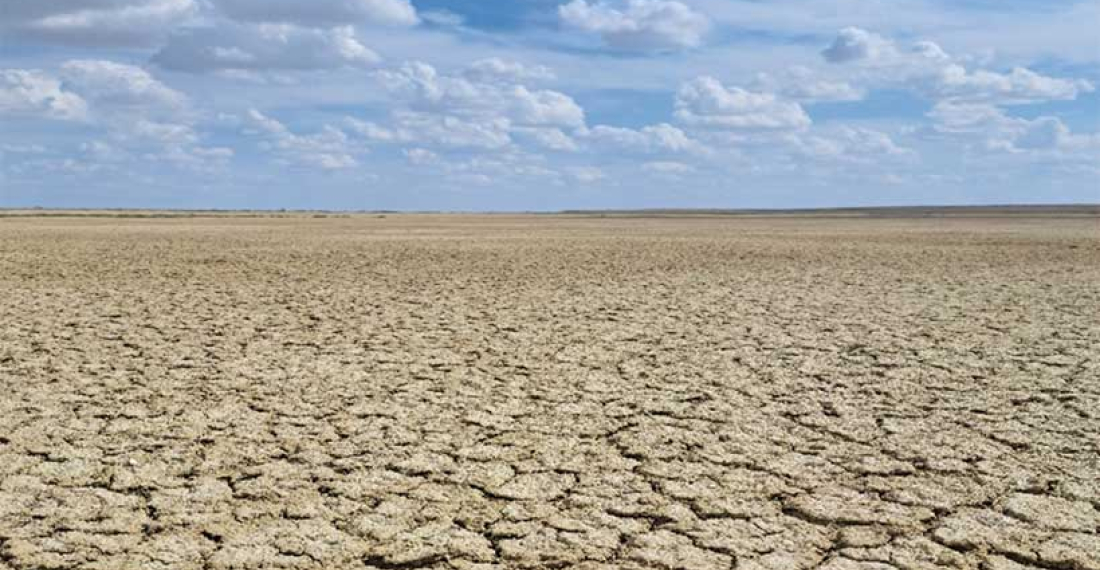Asia is confronting a growing water crisis driven by climate change, overuse, and poor regional coordination. The Daily Sabah report released today (25 July) highlights heat‑accelerated glacier loss, shrinking rivers, and a collapse of Soviet-era water-sharing agreements—creating serious challenges for the five post-Soviet republics that rely heavily on the Syr Darya and Amu Darya basins.
Today, more than 82 million people in Kazakhstan, Kyrgyzstan, Tajikistan, Turkmenistan, and Uzbekistan face water insecurity. Many villages lack regular access to safe drinking water, and internal migration is rising among populations impacted by climate stress and dwindling arable land. Some forecasts warn that over five million people could migrate due to environmental pressures by 2050.
Since the Soviet breakup, downstream countries like Uzbekistan and Turkmenistan have competed over water with upstream states, Kyrgyzstan and Tajikistan, which control dam systems and seasonal water flows. Infrastructure projects such as Tajikistan’s Rogun Dam and Afghanistan’s Qosh Tepa Canal are raising anxiety over water access and internal upstream decision-making, especially as no binding regional water governance regime currently operates effectively.
While the region has engaged in dialogue with Tajikistan, Kyrgyzstan and Uzbekistan, even signing the "Declaration of Eternal Friendship (Hujand Declaration)" on 31 March 2025, a lack of alignment of national strategic priorities continues to pose challenges. To overcome this, experts argue for a holistic approach that integrates energy security with environmental and social concerns. Moreover, the Daily Sabath report argues that regional water management mandates need to be expanded and harmonised between the countries, with the possible help of the EU's Green Deal and Sustainable Water Investments strategy.
Source: commonspace.eu with Daily Sabah and other agencies.







